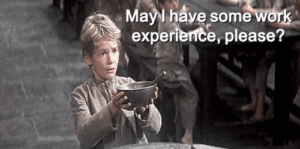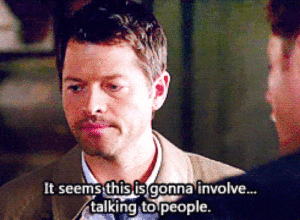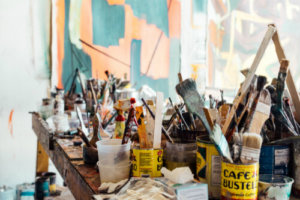
This post was written by an external contributor. Anca Coman shares the top five things needed to prepare for a career after university as a creative student.
At one time or another, students have asked; “Isn’t my degree enough to get a job?”. When it comes to creative subjects like Media, Design or Architecture, a degree in these domains represents just the beginning. Having a range of experiences could bring you one step closer to the job you’ve always dreamed of.
The good news is that university is the first place where you can develop the appropriate skills and meet the necessary people that will open doors for a future career. It’s not just about gaining those credits for your subject!
Whilst it can be frightening to think about handling student life and preparing for a job in a creative subject simultaneously, you will find out that making time for some of the below will eventually pay off.
Know your school

There’s more to university than lectures and seminars. You might find attending various events that your school organises – such as career days or networking with alumni – extremely useful. They provide a better perspective of the industry directly from people who are already in the field.
Also, it would be useful to contact your school’s careers officer. They can be a sneaky source for finding companies that offer exclusive work experience and internships for students in a particular subject.
Join a society

One way to stand out from the crowd is by joining a society, or (even better) becoming a committee member of one. This will demonstrate your passion about your hobby and provide you with skills that are not necessarily covered in your degree.
From media groups such as TV, radio or your university newspaper, to performance subjects such as musical ensembles, dance troupes and comedy groups. There’s always something to peak your interests and bring something new to your roster.
Do work experience

Going beyond the university sphere, it is crucial to step into the real industry and become a member of a company for a short while. Work experience will provide you with a sense of responsibility and improved organisational skills, and it may also put your fears about graduate life to rest.
On the other hand, this is also a chance to trial different industries. You will see the less attractive sides of a creative job, and it may lead you to explore other options. You can discover what fields are NOT for you, without committing to a full-time role. So, work experience isn’t only essential for your CV, it’s also vital for your own self.
Meet people who work in a creative field

Building contacts is the secret key to succeeding in the creative sectors, and it starts at university. By making yourself known amongst the people you are working with (be it your school, a society, or placement) you are setting yourself up for new opportunities. For example, if you do a terrific job in a placement, you could be contacted in future for freelancing roles or even full-time ones.
Moreover, employers require references when applying to roles. Making contacts can lead to having a fantastic reference from someone working in the creative industry, which will be a great piece of evidence of your skillset.
Be spontaneous and original

Last, but not least, come up with something new! Creative subjects are always in need of innovative designs, articles, or films. Don’t be afraid to start your own project that caters to your own personal interests.
For example, a blog is a great side-hustle to have if you’re considering going into the journalistic field. Alternatively, if you are into craft or fashion, creating portfolios of your work for potential employers is always handy. If you have an spur of the moment idea, make it count!
Download Debut and connect with us on Facebook, Twitter and LinkedIn for more careers insights.


